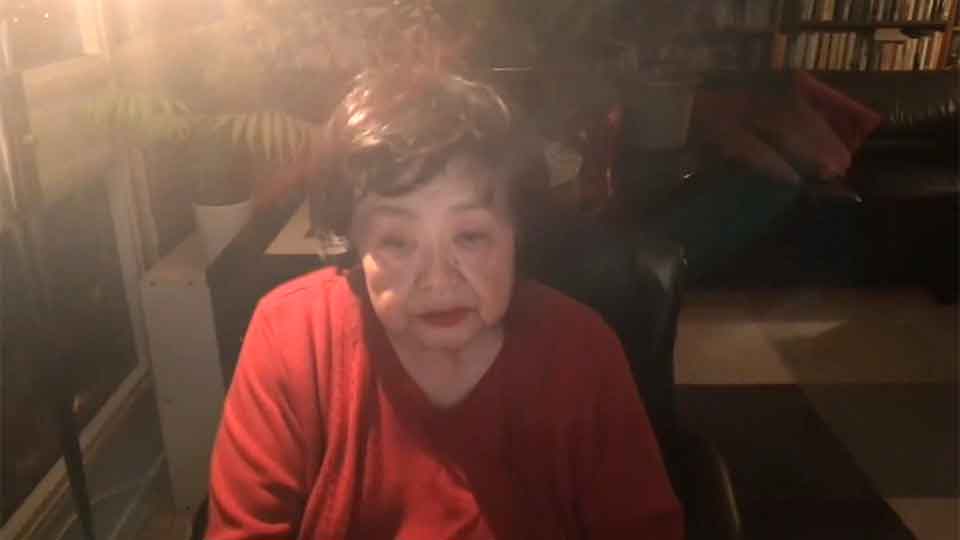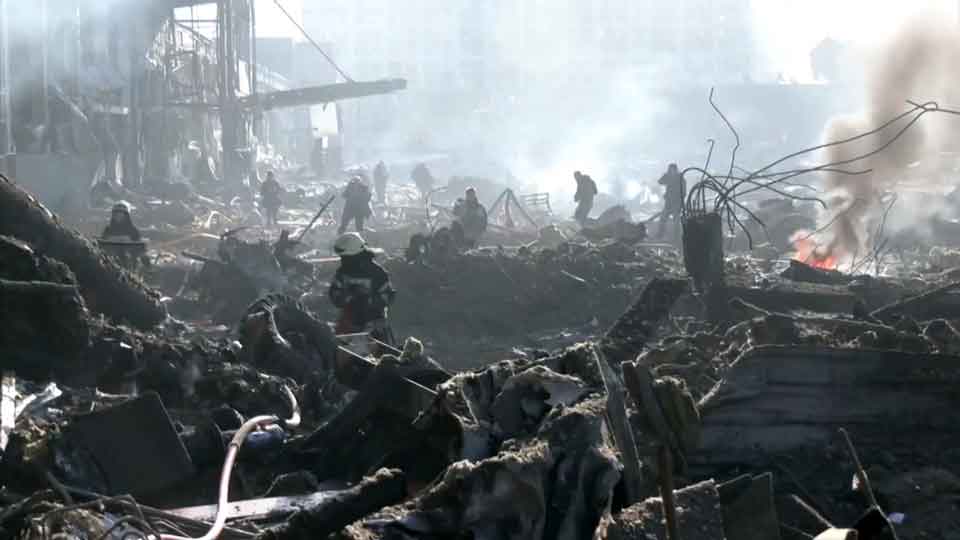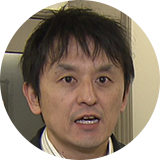In 2017, when the International Campaign to Abolish Nuclear Weapons won the Nobel Peace Prize, Setsuko Thurlow delivered an impassioned speech at the award ceremony about her own experiences in Hiroshima. The event was the culmination of her life’s work, traveling around the world, calling for nuclear abolition.
Now, at the age of 90, she sees a renewed threat of nuclear warfare and feels compelled to once again speak out. She shared her thoughts about Russia’s invasion of Ukraine with NHK’s Yabuuchi Junya.

"It made me shake with anger."
Yabuuchi Junya: How did you feel when you first heard about Russia’s invasion of Ukraine?
Setsuko Thurlow: It made my blood freeze. But then, it made me shake with anger.
The fear and anger I felt 77 years ago came back to me and consumed me. So much so that I lost my appetite.
Yabuuchi: Russian President Vladimir Putin ordered his country’s deterrence forces, including nuclear weapons, to be put on high alert. What did you think of that?
Thurlow: I believe it’s too reckless of him to make a nuclear threat all of a sudden, but it’s hard to tell what he could do when cornered. It’s very scary.
I was 13 when I witnessed Hiroshima turn into a city of hell. So many people were killed instantly in front of me. I learned from that experience that we should never accept the inhumane behavior of indiscriminately killing a great number of people, neglecting the human rights each and every one of us possesses. All humans have the right to live.

"Nuclear attacks could occur anywhere in the world."
Thurlow: In Ukraine, innocent people, including parents, grownups and children, are walking around in the frigid cold trying to find a place where they can warm their bodies.
President Putin is watching this on TV and still giving orders to continue the attack. What a cold-blooded person!
I hear about Ukrainians’ predicament every day. I can relate to their suffering because I experienced the atomic bombing decades ago.
My nephew, who was four, was burned by the heat of the atomic bomb. His body no longer looked human. His body looked more like a chunk of burned meat. That image is still vivid in my mind, and that’s what comes back to me whenever I hear about the threat of nuclear war.
It is important to recognize Ukrainians’ suffering and help them. But not just that, I want people around the world to be aware that not just Ukrainians but all of us are faced with danger. Nuclear attacks could occur if one of the leaders from the nine nuclear armed states presses the button. They could attack cities across the world, including Tokyo, Paris and Toronto.
"We have been taken hostage by nuclear armed states."
Thurlow: I feel anger toward the leaders of the nuclear armed states. They’ve taken us hostage and are trying to spread the belief that these weapons are useful in ensuring our safety. They are feeding us information designed to make us believe in the deterrence power of nuclear arms. It’s very dangerous.
Yabuuchi: That brings me to my next question. The war has revived talks about nuclear deterrence, the Cold War-era theory that nuclear weapons discourage the enemy from launching attacks. What do you think?
Thurlow: We need to sympathize with our brothers and sisters in Ukraine and help them immediately. But that’s not enough. We need to see things from a broader perspective and realize that this isn’t a problem that affects only Ukraine. People around the world have been taken hostage by the nine nuclear armed states. We need to consider that perspective when thinking about future of the world.
Nuclear armed states have neglected their responsibility for too long and forced us to believe in nuclear deterrence. That’s got a lot to do with what is happening now.

"We should never allow nuclear weapons to be brought into our country."
Yabuuchi: There have been calls for a debate on nuclear sharing among the US and its allies.
Thurlow: I was shocked when I heard the time had come for Japan to think about hosting US nuclear weapons to ensure national security. But the current prime minister flatly said no.
I was relieved when he assured us the Japanese government would continue to abide by the Pacifist Constitution and the three non-nuclear principles.
Nuclear sharing makes more countries ready to indiscriminately kill tens of millions of people. It enables them to use nuclear threats, in other words a nod to the nuclear deterrence theory.
I am enraged just to think about the idea of bringing nuclear weapons to Japan in cooperation with the US, a nuclear weapons powerhouse. We should never allow that to happen.
Whether they have experienced atomic bombings or not, how can they believe weapons that kill innocent people are not evil or illegal?

"Tell your leaders over and over again."
Yabuuchi: What message do you want to convey to the world, and to Japan now?
Thurlow: At this point, the suffering brothers and sisters are in Ukraine, escaping from Ukraine and seeking help from neighboring countries.
We are very grateful that the people of the world are trying to save them, and let's work together to strengthen such responses.
But at the same time, I want you to think about what kind of crisis all of humanity faces, not just focusing on Ukraine. There are 13,000 nuclear warheads in the world, and 9 nuclear-weapon states are still ready to use them at any moment with the push of a button. Think of the urgency, think seriously.
Let’s focus on the problems the world is facing and learn together. To prevent the catastrophic consequences of the atomic bomb, we will speak loudly together.
Repeat and convey that voice to the leaders of your country. I expect it from everyone.
Watch video: 01:45

